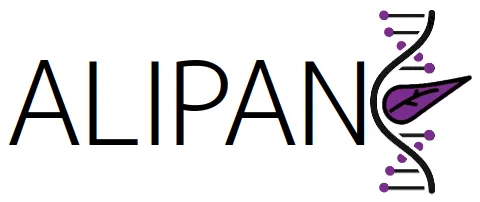The Cancer Biochemistry group is a multidisciplinary group that brings together basic and clinical cancer research, with extensive experience in glycobiology and cancer.
The group’s research focuses on the field of cancer diagnosis and therapy. Specifically, work is being done to find molecular markers that allow cancer to be diagnosed at earlier stages, where current therapies are more effective, and that can also be used to improve prognosis and tumor monitoring; and in the study of glycoenzymes involved in adhesion, migration and metastasis processes, in order to be able to influence their effects:
-
- Tumor markers: Abnormal glycosylation of serum proteins as possible tumor markers of carcinomas. Currently focused on pancreatic and prostatic carcinomas, specifically on the abnormal glycosylation of serum glycoproteins overexpressed or neo-expressed in pancreatic cancer, and of PSA (prostate-specific antigen). Extensible to other glycoproteins (Targeted glycoproteomics).
- Molecular mechanisms responsible for glycosylation changes in tumors and targeted therapy against specific glycosyltransferases. Expression studies of glycosyltransferases responsible for the biosynthesis of tumor-associated glycosyl antigens, determination of their involvement in different stages of tumor progression, of the factors that regulate their expression, and analysis of the effects of inhibition of these glycosyltransferases in cellular and animal models.


